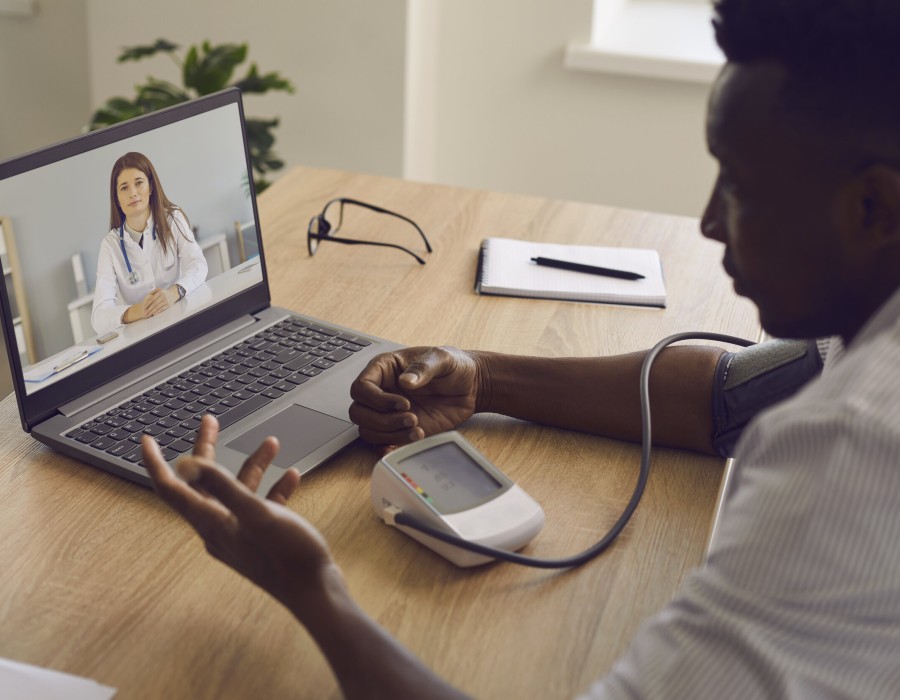What is a Remote Patient Monitoring Virtual Assistant?
A Remote Patient Monitoring (RPM) Virtual Assistant is an innovative solution that combines technology and healthcare to enhance patient care outside traditional medical settings. Here's a breakdown of what they are and how they work:
1. Definition and Purpose
A Remote Patient Monitoring Virtual Assistant is a software application or platform designed to remotely track, collect, and transmit patient data to healthcare providers. It aims to improve patient outcomes by allowing continuous monitoring without the need for in-person visits.
2. Features and Functionality
- Data Collection: These assistants collect vital health data from patients using various devices like wearable sensors, smartwatches, or mobile apps.
- Transmission: Once collected, the data is securely transmitted to healthcare providers or monitoring centers in real-time.
- Alerts and Notifications: The system can be programmed to send alerts or notifications to healthcare professionals if any concerning trends or anomalies are detected in the patient's data.
- Patient Engagement: RPM Virtual Assistants often include features to engage patients, such as reminders for medication, exercise, or appointments.
3. Benefits for Patients
- Convenience: Patients can monitor their health from the comfort of home, reducing the need for frequent hospital visits.
- Early Detection: Continuous monitoring allows for early detection of health issues or changes, leading to timely interventions.
- Improved Compliance: Reminders and alerts help patients adhere to medication schedules and treatment plans.
4. Benefits for Healthcare Providers
- Enhanced Monitoring: Providers have access to real-time data, allowing for proactive interventions and adjustments to treatment plans.
- Efficiency: RPM Virtual Assistants streamline workflows, saving time for healthcare professionals.
- Cost-Effectiveness: By reducing hospital readmissions and emergency visits, RPM can lower overall healthcare costs.
5. Examples of RPM Virtual Assistant Platforms
- Livongo: Offers a comprehensive platform for diabetes management, including glucose monitoring and coaching.
- Philips HealthSuite: Provides a range of remote monitoring solutions, from cardiac care to sleep disorders.
- Babylon Health: Offers virtual consultations and remote monitoring for various health conditions.
Conclusion
Remote Patient Monitoring Virtual Assistants represent a significant advancement in healthcare, bridging the gap between patients and providers. With their ability to collect, transmit, and analyze health data remotely, they are poised to revolutionize how we manage and monitor health conditions, especially for those with chronic illnesses.





Comments